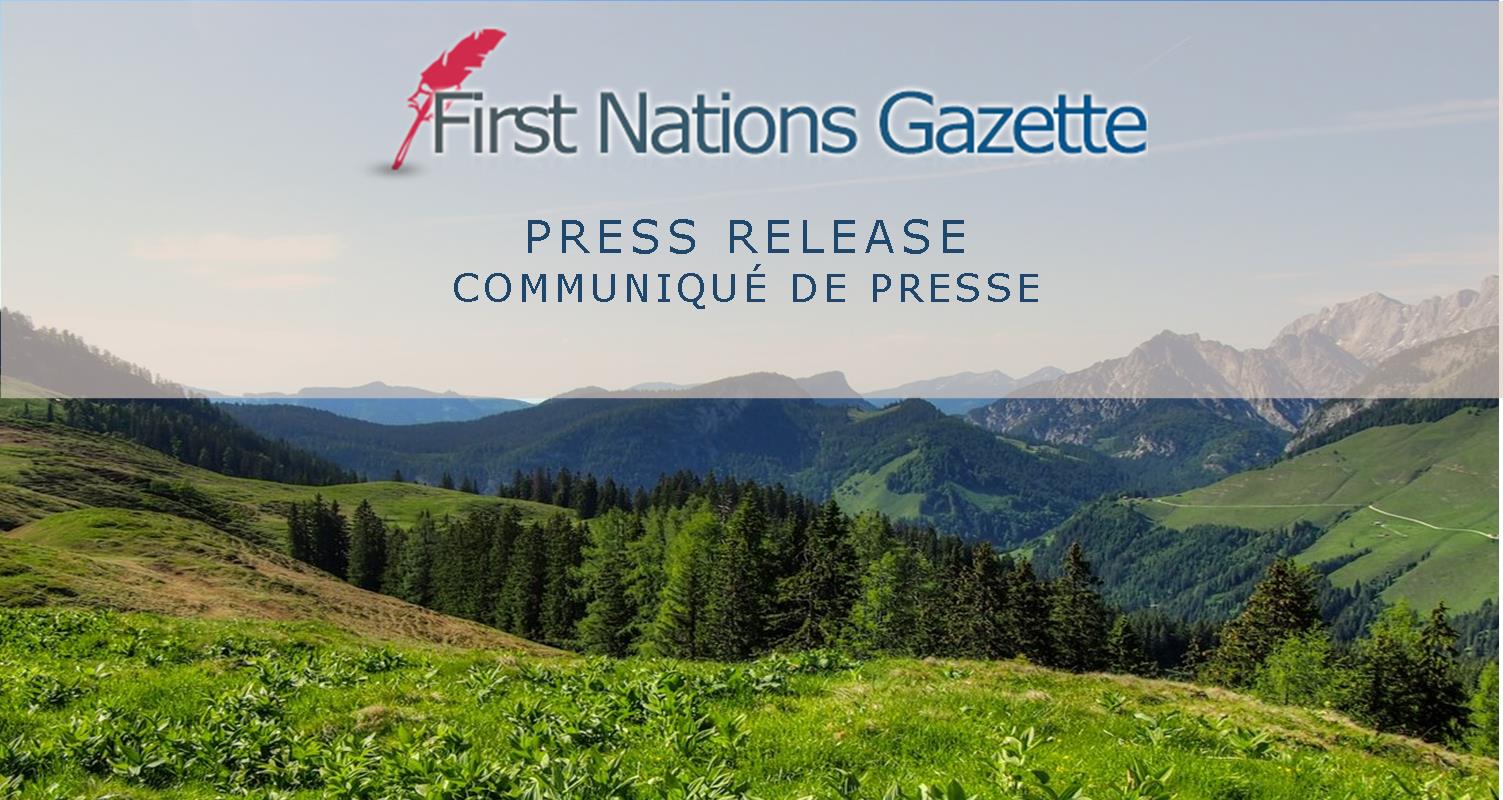NEWS RELEASE: December 17, 2014
KAMLOOPS, BRITISH COLUMBIA – Bill C-428, “An Act to Amend the Indian Act (Publication of By-laws) and to Provide for its Replacement” received Royal Assent on December 16. The First Nations Gazette has strongly supported this Private Members’ Bill since it was first introduced in 2012 because it provides needed changes to the Indian Act and underscores the importance of the First Nations Gazette (FNG) as a governance tool for First Nations. The FNG is published by the First Nations Tax Commission and the Native Law Centre of Canada, University of Saskatchewan.
“The changes to the Indian Act contained within the bill are a positive step forward and long overdue for a 21st century Canadian society,” said FNTC Chief Commissioner C.T. (Manny) Jules, who appeared before the Standing Senate Committee on Aboriginal Peoples on September 30 in support of the bill. “I would like to congratulate MP Rob Clarke, a member of the Muskeg Lake Cree Nation, on seeing the need and advancing these changes through his Private Member’s Bill.”
The mandate of the First Nations Tax Commission includes the approval of property tax laws passed by First Nations pursuant to the First Nations Fiscal Management Act (FMA). It also includes providing advice to the Minister of Aboriginal Affairs on the approval of property tax by-laws passed by First Nations pursuant to section 83 of the Indian Act, with the process clearly articulated in a Memorandum of Understanding between the FNTC and the Minister.
Bill C-428 does not change the requirement for Ministerial approval of section 83 by-laws or the mutual responsibilities within the MOU, However, the bill states that a by-law passed by First Nations pursuant to sections 81 or 85 will come into force on the day it is first published, effectively removing the Minister’s ability to disallow these by-laws. Further, the bill amends section 86 of the Indian Act by adding a new provision to deal with the publication of by-laws. It now includes the FNG as an option for First Nations to publish the by-laws they pass.
“The Gazette has become an indispensable tool for Aboriginal peoples, First Nation governments, non-members resident on-reserve, legal practitioners, all other levels of government, and all others involved with or affected by First Nation legislation,” said Native Law Centre of Canada Director Sakej Henderson. “The First Nations Gazette is ready to assist First Nations in meeting their by-law publication requirements, as we have done since 1997.”
The FNG provides free access to First Nation public notices, FMA laws, Indian Act s.83 by-laws and FNLMA land codes. Close to 200 First Nations currently use the FNG to post their laws, by-laws, and notices. With a searchable database that currently houses close to 3,000 items, the FNG has been supporting the legal voices of First Nations in Canada since 1997.

